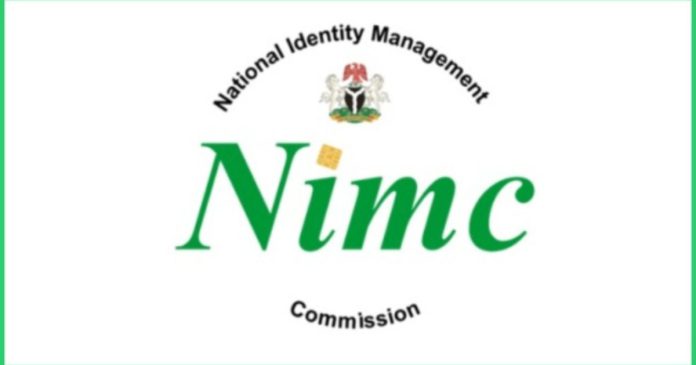The Nigerian government, through the National Identity Management Commission (NIMC), announced plans for a revamped National Identity card that integrates payment capabilities and access to social services.
Developed in collaboration with the Central Bank of Nigeria (CBN) and the Nigeria Inter-bank Settlement System (NIBSS), the new card will leverage AfriGO, a national domestic card scheme.
NIMC’s Head of Corporate Communications, Kayode Adegoke, unveiled the initiative in a statement on Friday. The fortified card builds upon the existing National Identity card system established by the NIMC Act No. 23 of 2007. This act mandates the enrollment and issuance of a multipurpose card to Nigerians and legal residents.
The government explained the initiative aims to address physical identification needs while empowering citizens to access both government and private social services. The card will also promote financial inclusion by allowing users to link it to their bank accounts for debit or prepaid transactions.
According to the NIMC, only registered citizens and legal residents with a National Identification Number (NIN) will be eligible to obtain the card.
“The card, which will be produced according to ICAO standards, is positioned as the country’s default national identity card,” the statement reads. “In addition to this functionality, cardholders will also be able to use the cards as debit or prepaid cards by linking the same to bank accounts of their choice.”
The statement further emphasizes the card’s potential to bridge the financial inclusion gap and facilitate access to various government programs. NIMC also assured users that data protection remains a priority. They will comply with international standards to safeguard personal information and user privacy.
The enhanced card will include a machine-readable zone compliant with ICAO standards for e-passport information, along with the card issue date and document number. Additionally, the card may hold information for travel, health insurance, microloans, agriculture, food stamps, transport, and energy subsidies, though these features appear to be optional.


